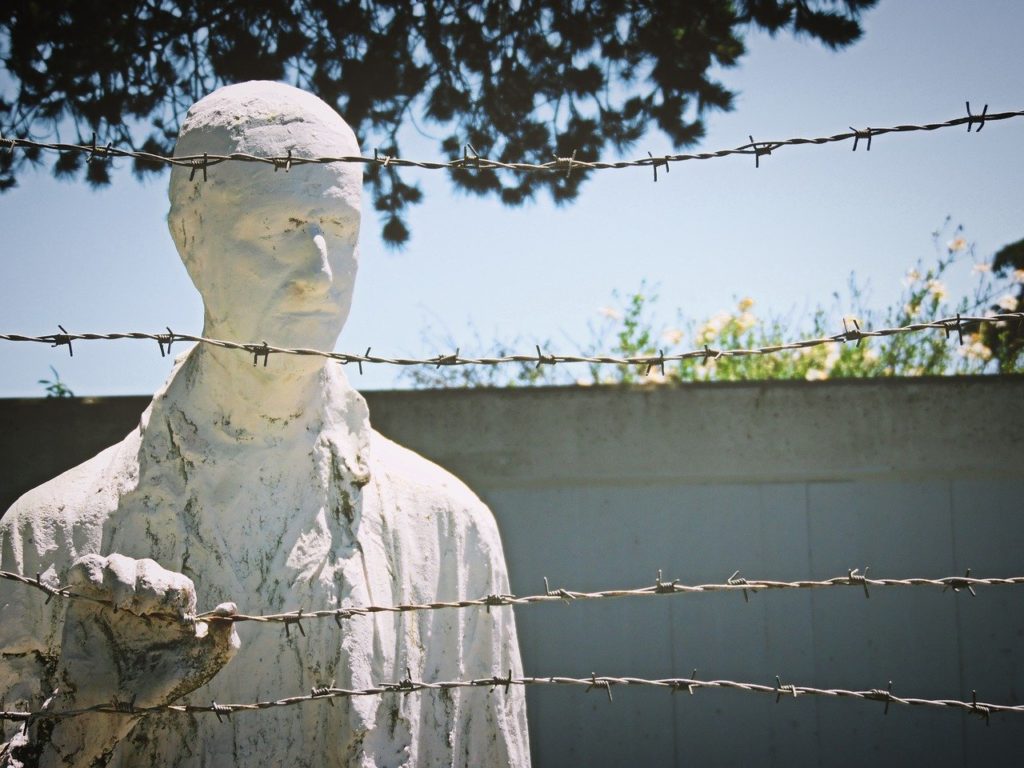The Apostle Paul made an interesting comment in his second letter to Timothy:
“You, however, have followed my teaching, my conduct, my aim in life, my faith, my patience, my love, my steadfastness, my persecutions and sufferings that happened to me at Antioch, at Iconium, and at Lystra—which persecutions I endured; yet from them all the Lord rescued me” (2 Tim. 3:10-11 ESV).
What events was he referring to in these three cities?
Antioch- “But when the Jews saw the crowds, they were filled with jealousy and began to contradict what was spoken by Paul, reviling him…[They] stirred up persecution against Paul and Barnabas, and drove them out of their district” (Acts 13:45, 50).
Iconium- “When an attempt was made… to mistreat them and to stone them, they learned of it and fled” (Acts 14:5-6).
Lystra- “But Jews came from Antioch and Iconium, and having persuaded the crowds, they stoned Paul and dragged him out of the city, supposing that he was dead” (Acts 14:19).
Being stoned and thought dead is extreme persecution, and yet Paul’s reflection is that “from them all the Lord rescued me.” It wasn’t just that Paul survived those events, but that he knew his life was always in God’s hand. “For me to live is Christ and to die is gain” (Phil. 1:21). As he wrote to the Romans, “I am sure that neither death nor life… will be able to separate us from the love of God in Christ Jesus our Lord” (Rom. 8:38-39).
We in the western church often have a rather one-dimensional understanding of rescue. Many church prayer meetings focus almost exclusively on God’s deliverance from any kind of suffering, rather than through suffering. We assume that God will receive more glory by healing and delivering us than He would by enabling us to be faithful witnesses in sickness, persecution, and death. Paul wrote to the Corinthians:
“But as servants of God we commend ourselves in every way: by great endurance, in afflictions, hardships, calamities, beatings, imprisonments, riots, labors, sleepless nights, hunger” (2 Cor. 6:4-5).
He says that his reputation as God’s representative is illustrated by enduring hardship, not by being protected from it. Many of our brothers and sisters in Christ around the world have a much more robust theology of suffering because they endure it every day. We’ve been pampered by our culture for a while, but that is not going to last. More Christians are going to suffer in one way or another, and we need to endure as faithful witnesses through whatever trials God allows to come our way.
Lord, keep us faithful to You as You have been faithful to us in and through every circumstance.
“We are afflicted in every way, but not crushed; perplexed, but not driven to despair; persecuted, but not forsaken; struck down, but not destroyed; always carrying in the body the death of Jesus, so that the life of Jesus may also be manifested in our bodies” (2 Cor. 4:8-10).

© 2020 Dawn Rutan. Image copyright free from pixabay.com. The opinions stated do not necessarily reflect the views of my church or employer.




